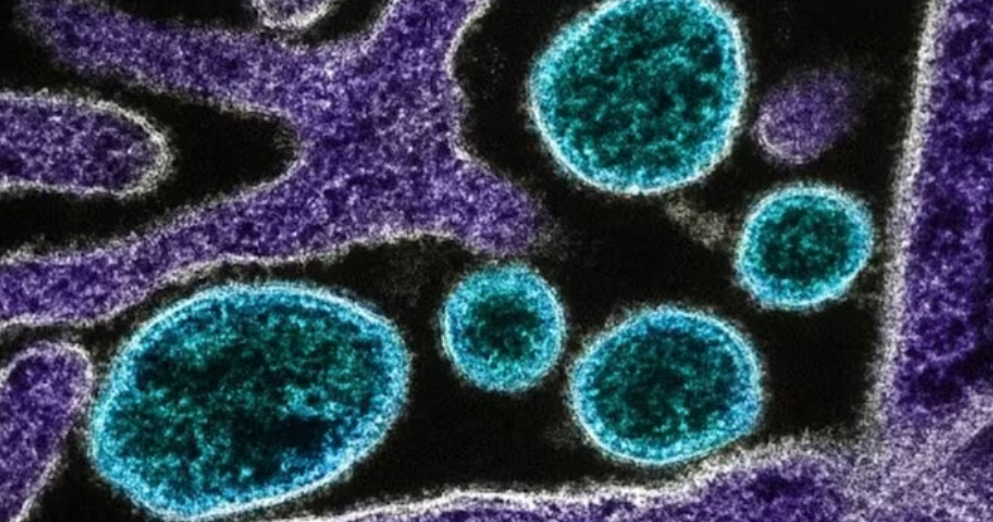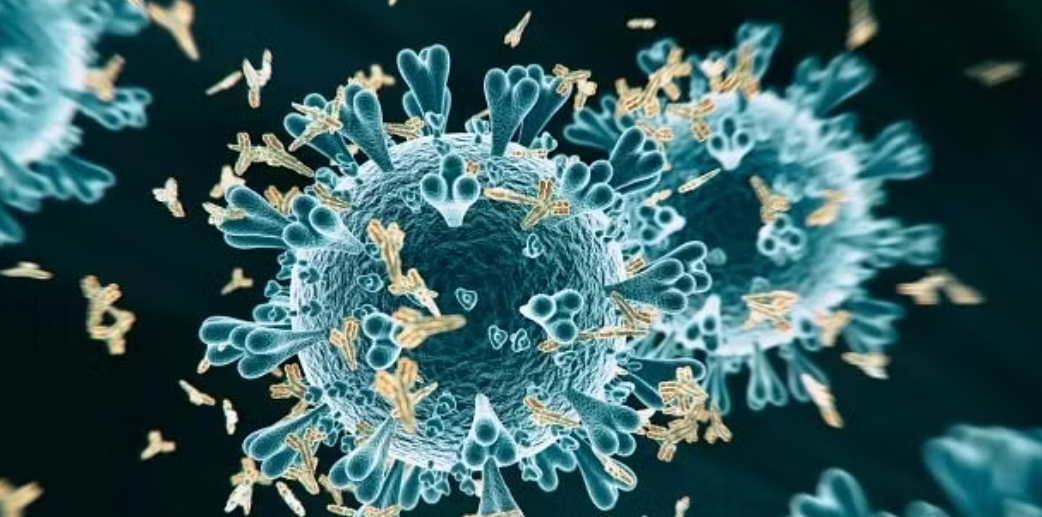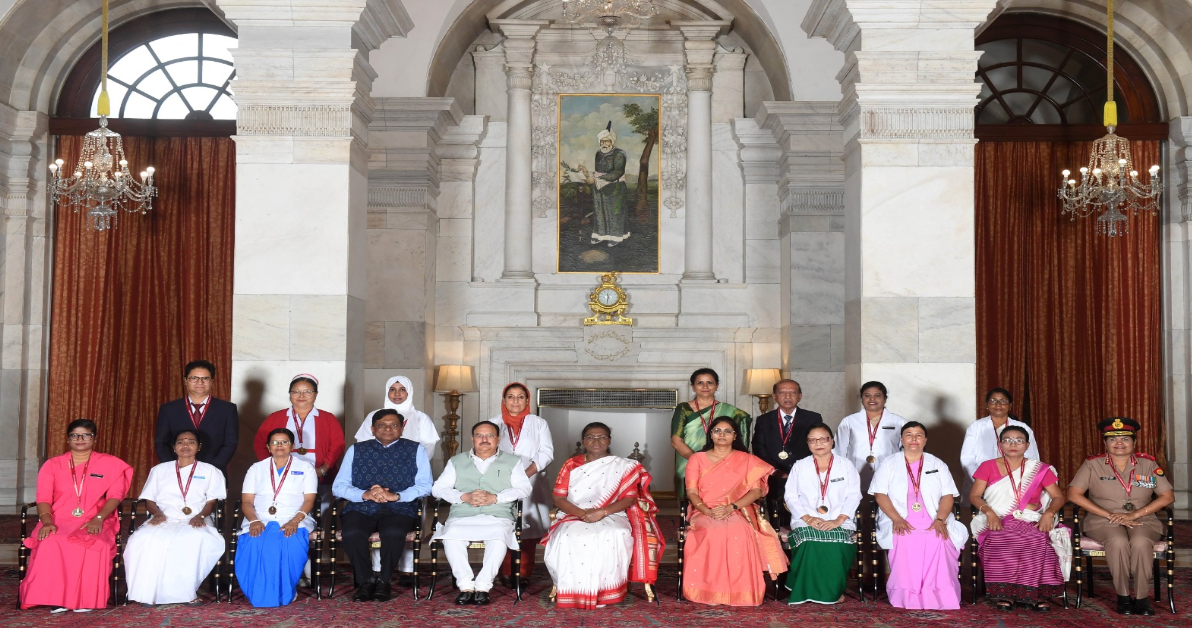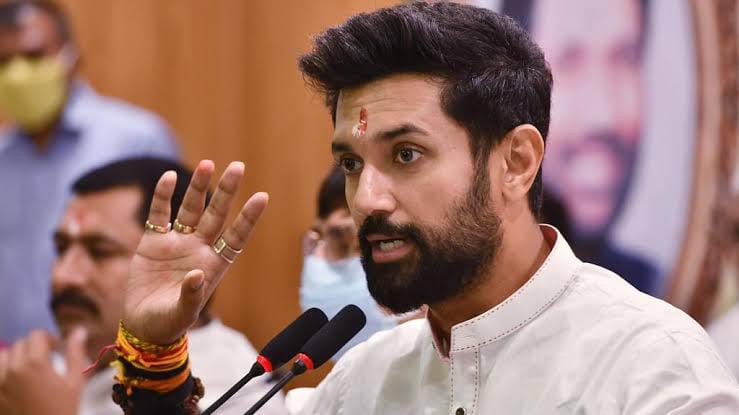Gujarat is reeling from a suspected outbreak of the Chandipura virus, with six children reported dead and a total of 12 suspected cases, according to Health Minister Rushikesh Patel. Confirmation of these cases is pending laboratory results from the National Institute of Virology in Pune, expected within the next 12 to 15 days.

Chandipura Viral Encephalitis (CHPV), a pathogen in the Vesiculovirus genus, causes symptoms similar to the flu and can lead to acute encephalitis. It is transmitted by vectors such as mosquitoes, ticks, and sandflies. The virus, first identified in Chandipura, Maharashtra in 1965, predominantly affects children between 9 months and 14 years, especially during the rainy season in rural areas.
The 12 suspected cases in Gujarat include four in Sabarkantha, three in Aravalli, and one each in Mahisagar and Kheda. Additionally, two patients are from Rajasthan and one from Madhya Pradesh. In response, the state health department has launched extensive surveillance and control measures, screening over 18,000 individuals and conducting insecticide spraying in more than 2,000 households.
Health authorities advise immediate medical attention if symptoms such as high fever, vomiting, diarrhea, headache, or convulsions appear, particularly in children. Chief District Health Officer MA Siddiqui emphasized the importance of using insecticides and wearing protective clothing to prevent mosquito bites.
The Chandipura virus, which was considered for the World Health Organization’s 2017 list of priority diseases, was first identified during an outbreak in Nagpur, central India, in 1965. Researchers from the Pune Virus Research Centre classified it as a new arbovirus in 1967. Stay vigilant and protect your children during this critical time.




